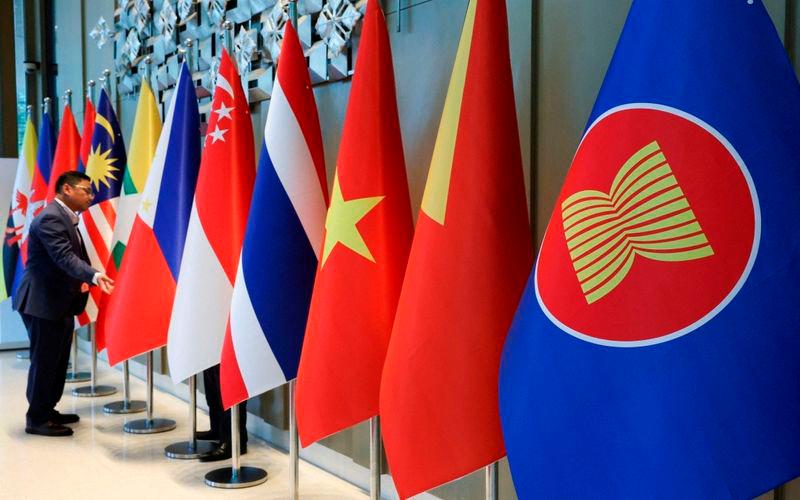GEORGE TOWN: ASEAN countries must unite and strengthen cooperation in advancing technology and meeting product requirements to reduce dependence on imports from the United States (US).
Senior lecturer at the Economics Division of the School of Social Sciences, Universiti Sains Malaysia, Dr Abdul Rais Abdul Latiff, said this is one of the proposals that could be considered following the recent announcement of new tariff rates by US President Donald Trump.
“With the new rates, the cost of several products imported products, particularly in the manufacturing sector such as electronic chips, and vehicle engines will increase, as we currently lack the capacity to produce these locally. This will certainly have an impact.
“However, we may be able to explore alternative approaches to prevent significant price hikes. One of them is collaboration among ASEAN countries to ramp up production of these goods, as ASEAN nations are, in fact, on par with the US in certain areas,“ he said when contacted by Bernama today
He added that Malaysia could also explore sourcing alternatives from other countries to reduce reliance on the US, thereby helping to mitigate rising costs.
“Malaysia could enhance its technological capabilities to produce these products domestically and eventually export them to other countries, particularly within ASEAN,“ he said.
Abdul Rais noted that the global economy is currently experiencing a “tariff war” and that the US remains a major trading partner for Malaysia.
“Malaysia might need to reassess its trade agreements with the US. At the same time, strengthening agreements among ASEAN countries is crucial to foster regional cooperation and defend economic interests in the region,“ he said.
Meanwhile, the Federation of Malaysian Manufacturers Penang chairman Datuk Seri Lee Teong Li described the US decision as particularly concerning given Malaysia’s strong trade ties with the US and its longstanding commitment to open and fair trade.
He said that while some product categories are exempt from the US Reciprocal Tariff, most Malaysian exports to the US will be affected.
“The affected sectors will now face the full 24 per cent tariff, potentially leading to a significant drop in export volumes, job pressures within impacted industries, and the rerouting or restructuring of supply chains involving Malaysian both producers and US-linked multinational operations based in Malaysia.
“The broader ecosystem, including suppliers, logistics providers, and downstream service sectors may also suffer as shifts in sourcing and manufacturing decisions resulting from the tariffs,” he added.
Lee also pointed out that while Malaysia’s 24 per cent tariff rate is relatively lower compared to some of its ASEAN neighbours, it still places the country in a punitive category, signalling increased scrutiny of regional economies.
He emphasised that Malaysia both competes with and complements its regional peers.
“In sectors like electronics, rubber-based products, and machinery, we are direct competitors. However, in areas such as semiconductors and industrial components, Malaysia plays a complementary role in integrated supply chains.
“As such, the new tariffs risk not only disrupting trade flows to the US but also impacting Malaysia’s strategic position in both regional and global supply networks,” he said.
Looking ahead, Lee underscored the importance of long-term resilience through both external market diversification and robust domestic policies.
He warned that Malaysian exporters are likely to face mounting pressure from US importers to lower their export prices to absorb the 24 per cent tariff, thereby squeezing profit margins.
Additionally, he said countries significantly affected by the US tariffs may begin diverting their products to Malaysia and the broader ASEAN region, potentially leading to a surge in cheaper imports.
“This could result in unfair competition for local industries if not closely monitored and addressed through appropriate safeguards,” he added.









